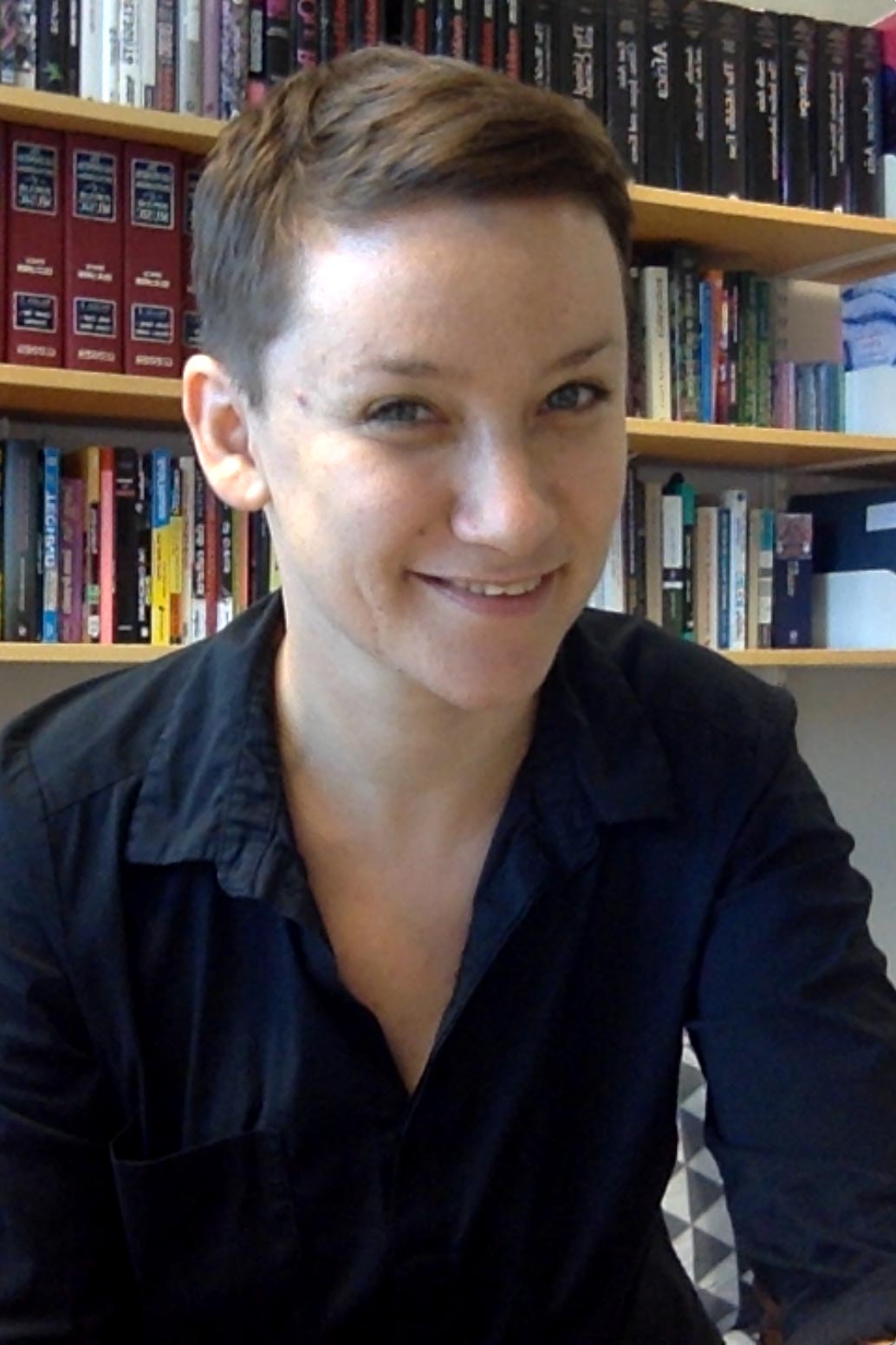An Interview with Tami Gadir
What is your background?
I was educated in classical piano and composition. I came to club music and DJ-culture first and foremost through a love of going to those events and dancing. I was also curious about how the music was produced and performed—a curiosity which was based on the fact that I was an active musician myself.
In addition to the classical performance and composition, I took an arts degree with a major in sociology. I then went to Edinburgh and took a PhD in music, with a sociologist as a supervisor. In this, I was able to follow up my interest not only in the sounds but also in the cultures and the scenes of the music. That ended up being my full focus as a postdoctoral fellow at the University of Oslo.
What are your experiences of being a woman in music tech?
My experiences are varied. The piano was my first music technology. But when I started DJing, I was always one of the people saying “I am really bad with technology.” And then I tried to teach myself that people have different skills with various types of technologies. It was a long time before I was willing to say that I had any competence. And even now, I catch myself doing that thing that a lot of women do, which is talking their skills down. It is interesting how this is so pervasive, how we’re expected to be modest with our skills even if we have actually become really good at something.
I had a lot of support from both male peers and women who were really good in what they did. But I also encountered obstacles. For example, when I would go to a bar to play I’d have the man at the bar saying “are you here to help your boyfriend set-up?.” I’d have people come up to me after gigs saying, “oh wow I was surprised how good you were for a girl.” Amazing how free they would be with their language about these things. Also being in mainly male environments it was sometimes difficult to admit that I wanted help or support. Over time I got more comfortable with those particular people I worked with and they have ended up being really important for me.
Did you have a role model or a mentor?
All of the DJs and producers who inspired me, a lot of the Berlin women, the older pioneers of the scene like Ellen Alien and Anja Schneider and folks like that, have always been amazingly important to me. I never had a mentor per se, but certainly the male peers I was talking about, the people I DJ’d with, not only facilitated my participation, but encouraged me, took a risk with me. They didn’t really know who I was, but they trusted that I would do a good job. And in certain ways some of them became like mentors because they understood the challenges of being a woman in the scene. And they started to be a bit more thoughtful in how they would respond to situations. They listened and learned rather than getting defensive. That’s the kind of male ally that you want in the scene.
Please introduce your area of research more closely
My first project on dance music and DJ culture looked at the musical and social triggers for dancing, particularly in night club settings, and even more particularly techno and house scenes in Edinburgh. But I also stretched it to other scenes around the UK, like Glasgow and London. It was a combination of interviews and participant observation with listening to music; providing musical examples to ask questions such as “what it is about particular bass lines that makes people dance?” But there were a lot misunderstandings and prejudices that drove how people interacted with me during the first project, as a researcher, as a person on a dance floor and as a person behind a DJ booth. So the second project looked at gender issues, ethical practice, and equal participation in dance music scenes.
Can you elaborate more on that second project?
I found myself frustrated by how the fact that I was a woman was hindering me from doing the things that I just wanted to get done as my male peers were doing. So I decided to centre the interviews on women, transgender, non-binary, and gender non-conforming DJs. I also started to explore more conceptually and theoretically by reading a bit more widely, both inside and outside music studies.
What advice would you give young women pursuing a career in music technology?
I would advise them to be bold but also be kind to themselves, and not feel inadequate as a result of not already knowing everything about everything. I would encourage them to seek out supportive peers and allies, ask questions and don’t assume that everybody around them knows what they are doing either. Actually a lot of the time, they don’t.
What is next?
I want to research how we can work with our current and historically-informed understanding of equality, diversity and accessibility—or the umbrella term of social justice in music. How have we practised or not practised it in music scenes and how can we move forward and be better at it? How can we make this something that everybody is invested in? We need to convince people who don’t already believe those things that they should be doing this too. Let’s see where that takes us.

